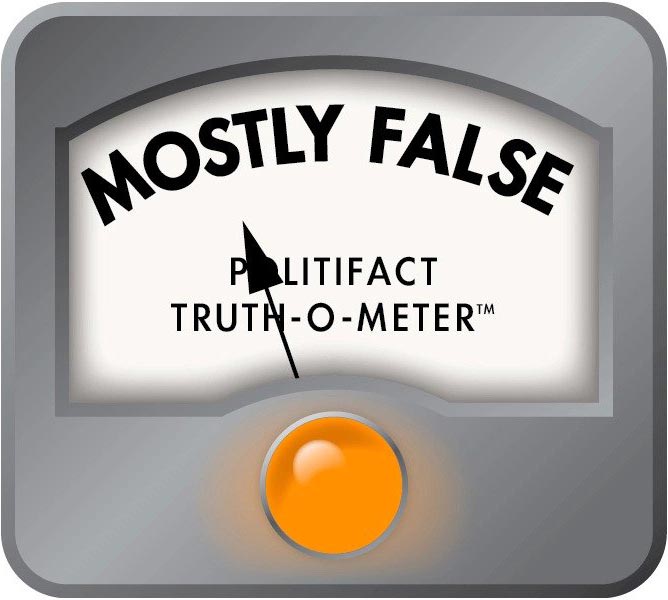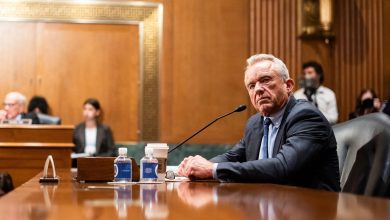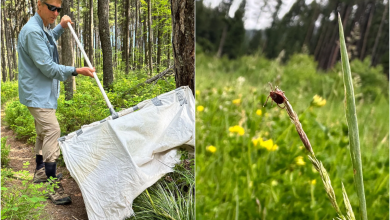COVID Vaccine Access in 2025: A Guide to Who's Eligible, What It Costs, and Why It's So Confusing
Can everyone get the new COVID-19 vaccine? According to Health and Human Services (HHS) Secretary Robert F. Kennedy Jr., the answer is a simple "yes." However, for millions of Americans, the reality on the ground is proving to be far more complicated.
The straightforward process of booking a free vaccine at a local pharmacy—the standard for years—is no longer guaranteed. A new, more restrictive approach has created a confusing landscape where your access, eligibility, and cost can depend on your age, health status, where you live, and recommendations that haven't even been made yet.
Here’s a clear breakdown of what you need to know about getting the COVID-19 vaccine this season.

So, Who Is Officially Approved for the New COVID Vaccine?
On August 27, the FDA updated its guidance, formally approving the updated 2025-26 COVID-19 shot for two specific groups:
If you fall into one of these categories, you are officially approved to receive the vaccine. However, you may still face challenges with scheduling and pharmacy access depending on your state's laws (more on that below).
Can Healthy People Under 65 Still Get a Shot? The "Off-Label" Path
This is the central point of confusion. If you are a healthy adult under 65, you are not in an FDA-approved group. While you are not banned from getting the vaccine, you cannot simply walk into a pharmacy and request it.
Instead, you will likely need to follow the "off-label" prescription path. This means:
- Scheduling a doctor's appointment.
- Convincing your doctor to write you a prescription for the vaccine, even though you don't fit the FDA's approved criteria.
- Finding a pharmacy or clinic that can administer the shot based on that prescription.
This process introduces significant barriers of time, cost (for the doctor's visit), and finding a willing provider.
The Two Major Hurdles: Pharmacy Access and Cost
Even if you are eligible, getting the shot isn't as simple as it used to be. Two major hurdles now stand in the way, both tied to a crucial missing step in the public health process.
Hurdle 1: Why Your Pharmacy Might Turn You Away
The FDA's approval is only the first step. The next is a recommendation from the CDC's Advisory Committee on Immunization Practices (ACIP). Many state laws do not permit pharmacists to administer a vaccine until it is on the official CDC immunization schedule.
As a result, even if you are over 65, pharmacists in 18 states and Washington, D.C., currently cannot administer the vaccine because the ACIP has not yet met or issued its guidance.
Hurdle 2: Will Insurance Cover the Vaccine?
Federal law requires most insurance plans to fully cover vaccines that are recommended by the CDC. Without that recommendation, insurance coverage is in limbo.
What to Watch For: The Pending CDC Recommendation
The entire situation hinges on the upcoming ACIP meeting, scheduled for September. This independent panel, recently reconstituted by Secretary Kennedy, will vote on its own set of recommendations for the COVID-19 vaccine.
Their guidance will be the key that unlocks two things:
- Pharmacy Access: It will allow pharmacists in all states to administer the shots.
- Insurance Coverage: It will determine what insurers are required to cover at no cost.
The Verdict: Is the Vaccine Truly Available to Everyone?
Secretary Kennedy’s statement that "everybody can get" the vaccine is misleading and premature.
While the shot is not technically banned for anyone, it is not easily accessible or affordable for a majority of the population under current rules. Healthy people under 65 face significant barriers, and even those in FDA-approved groups may be blocked by state laws and insurance uncertainty until the CDC panel issues its official recommendations.



